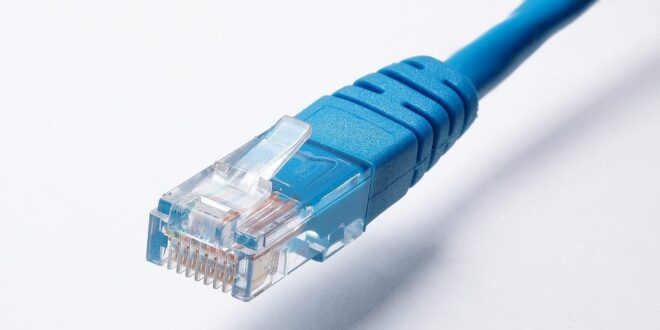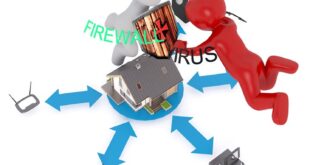Protect Your Network with These Top 10 Security Tips
In today’s digital age, protecting your network from cyber threats is more important than ever. With constantly evolving technology and sophisticated hackers, it’s essential to fortify your defense to safeguard your sensitive data. Here are the top 10 network security tips to help you strengthen your network security.
Keep Your Software Updated
One of the best ways to protect your network is to keep all your software, including operating systems and applications, up to date. Software updates often include security patches that fix vulnerabilities and strengthen your defenses against potential cyberattacks.
Use Strong Passwords
Make sure to use complex passwords that are difficult to guess for all your network devices and accounts. Avoid using common passwords or easily guessable information, such as birthdays or names. Consider using a password manager to securely store and manage your passwords.
Enable Two-Factor Authentication
Two-factor authentication adds an extra layer of security to your accounts by requiring a secondary form of verification, such as a code sent to your phone. This additional step can help prevent unauthorized access even if your password is compromised.
Encrypt Your Data
Encrypting your data ensures that even if hackers manage to access your network, they won’t be able to read any sensitive information. Use encryption protocols like HTTPS for web traffic and WPA2 for wireless networks to protect your data from interception.
Implement Network Segmentation
By dividing your network into separate segments, you can prevent a security breach in one part of your network from spreading to the rest. Use firewalls, VLANs, and access controls to restrict access between segments and minimize the impact of potential attacks.
Monitor Network Activity
Regularly monitor your network for any unusual or abnormal activity that could indicate a potential security threat. Utilize intrusion detection systems and security information and event management (SIEM) tools to detect and respond to suspicious behavior proactively.
Educate Your Employees
Human error is a common cause of security breaches, so it’s crucial to educate your employees about cybersecurity best practices. Provide training on how to recognize phishing emails, avoid clicking on suspicious links, and safeguard sensitive information to prevent social engineering attacks.
Back Up Your Data
Regularly back up your data to an external storage device or cloud-based service to protect your information in case of a security incident or data loss. Make sure your backups are encrypted and stored securely to ensure the integrity and confidentiality of your data.
Secure Your Wi-Fi Network
Securing your Wi-Fi network is essential to prevent unauthorized access to your network. Use WPA2 encryption, disable WPS, and change default passwords to strengthen the security of your wireless network. Regularly update your router firmware to patch any known vulnerabilities.
Create a Network Security Policy
Develop a comprehensive network security policy that outlines the rules and procedures for protecting your network. Define user permissions, access controls, and incident response plans to ensure everyone in your organization is aware of their responsibilities for maintaining network security.
By following these top 10 network security tips, you can fortify your defense against cyber threats and safeguard your network from potential attacks. Stay proactive and vigilant in protecting your network to ensure the security and integrity of your data.
 Mind Uncharted Explore. Discover. Learn.
Mind Uncharted Explore. Discover. Learn.



